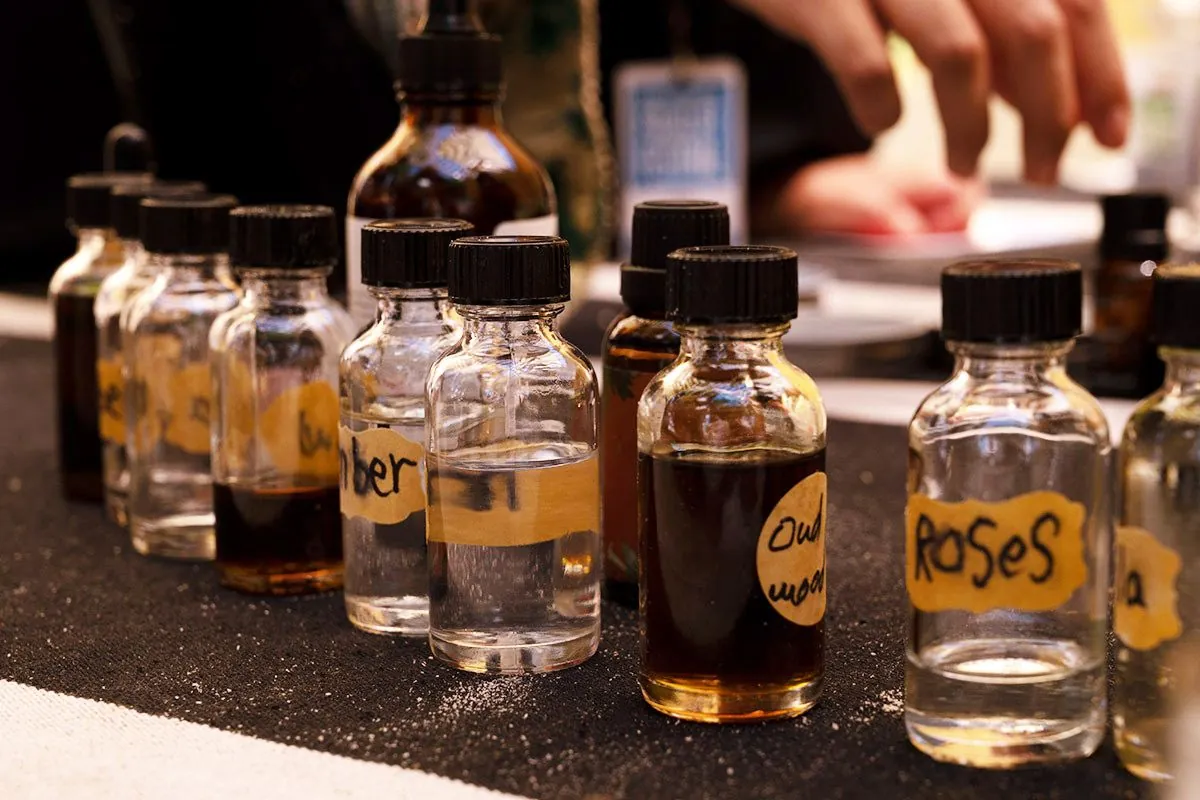The Arabian perfume industry, steeped in rich traditions and an illustrious history, has experienced a fascinating transformation over the centuries. From the vibrant markets, or souks, of the Middle East to a formidable presence in the global luxury sector, the journey of Arabian fragrances is as intricate and captivating as the scents themselves.
This article delves into how the industry has evolved, examining traditional methods, modern innovations, and the influential brands that have driven this evolution.
The Origins of Arabian Perfumery
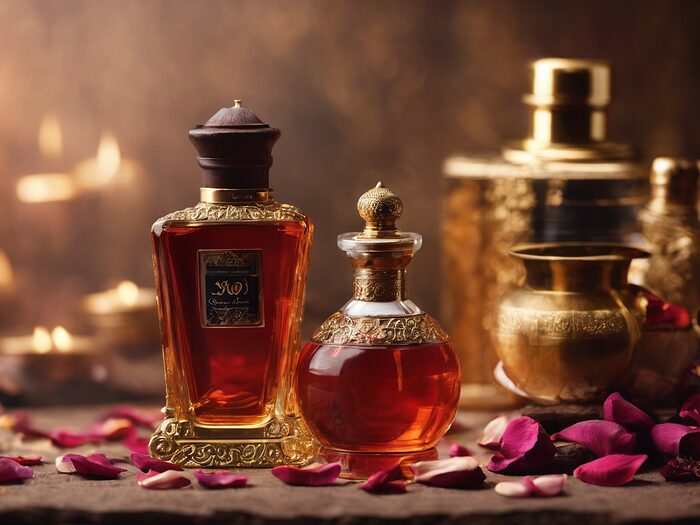
Arabian perfumery has its roots in the past, when religious ceremonies and everyday life relied heavily on scents. Vendors displayed a wide variety of fragrant oils, spices, and resins in the busy souks. Scents were often made with highly prized ingredients like oud, myrrh, and frankincense. The methods of extraction and mixing were closely-kept secrets that had been passed down through the years.
Traditional Methods and Ingredients
Creating Arabian perfumes traditionally involves labor-intensive methods and a profound understanding of natural ingredients. Techniques such as distillation, maceration, and enfleurage are employed to extract essences from flowers, wood, and spices. Key ingredients that characterize Arabian fragrances include:
- Oud (Agarwood): Often referred to as “liquid gold,” oud is one of the most expensive and prized ingredients in perfumery. It is derived from the resinous heartwood of the Aquilaria tree and has a deep, woody aroma.
- Frankincense and Myrrh: These resins, used for millennia in religious ceremonies, are valued for their sweet, spicy, and woody scents.
- Rose and Jasmine: These floral notes lend a delicate and luxurious touch to many traditional Arabian fragrances.
- Ambergris: A rare and precious substance produced by sperm whales, ambergris adds unique depth and longevity to scents.
The Role of Souks
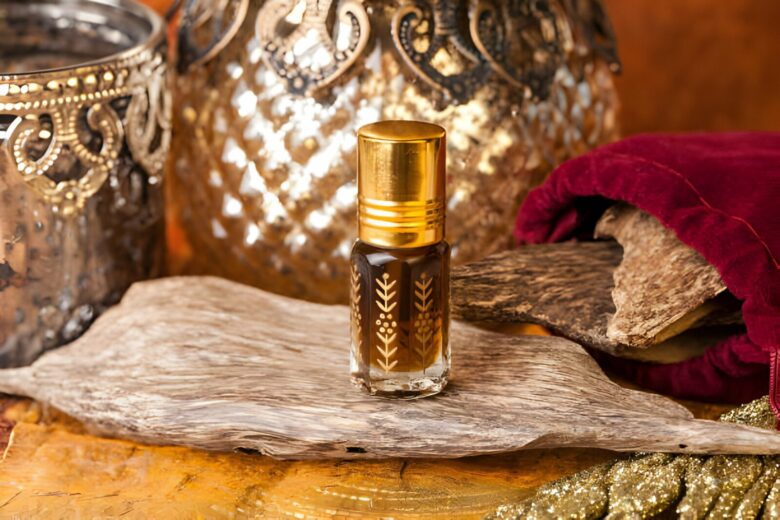
For centuries, souks were the commercial hubs of the Arab world. These bustling markets were not only venues for trade but also centers of social and cultural exchange. Perfumers in the souks crafted bespoke fragrances for their customers, blending oils and essences to create personalized scents. This personalized approach remains cherished today and is a testament to the artistry and skill of traditional Arabian perfumers.
Embracing Modernity
The 20th century brought significant changes as the Arabian perfume industry began to integrate traditional methods with modern technologies. Distillation and extraction processes became more refined, allowing for more complex and enduring fragrances. The industry also adopted global marketing strategies, expanding its reach beyond the Middle East.
The rise of synthetic ingredients played a crucial role in this transformation. While natural ingredients remain the cornerstone of many fragrances, synthetics allow perfumers to experiment with new scents and create more affordable options. This blend of tradition and innovation has enabled the Arabian perfume industry to thrive in a competitive global market.
The Emergence of Luxury Brands
The evolution of the Arabian perfume industry is evident in the rise of luxury brands that have gained international acclaim. These brands have successfully merged traditional elements with modern sensibilities to create fragrances that appeal to a global audience. A modern brand that captures the essence of Arabian perfumery while appealing to a global market.
Effective Marketing and Branding
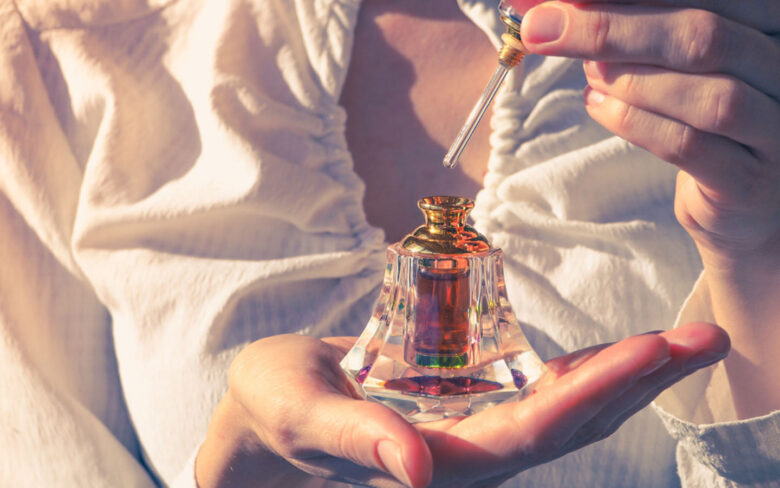
The success of these luxury brands can be attributed to their effective marketing and branding strategies. By creating an aura of exclusivity and luxury around their products, these brands have attracted discerning customers worldwide. Packaging plays a significant role in this appeal, with many brands offering beautifully designed perfume gift sets that make for perfect presents. The use of social media and influencer marketing has also helped these brands reach a broader audience and establish a strong online presence.
Challenges and Opportunities
Notwithstanding its notable achievements in the international market, the Arabian perfume business nevertheless confronts a number of obstacles. Production can be costly because of the high cost of natural materials like oud and ambergris. The sector also has to deal with the challenges posed by competing Western brands and complicated international rules.
But there are also advantages to these difficulties. Arabian perfumers now have an opportunity to highlight their distinctive origin and skill due to the increased demand for specialty and artisanal scents. The Arabian perfume business may continue to lead the luxury fragrance market by innovating and adapting to shifting customer demands.
The Future of Arabian Perfumery
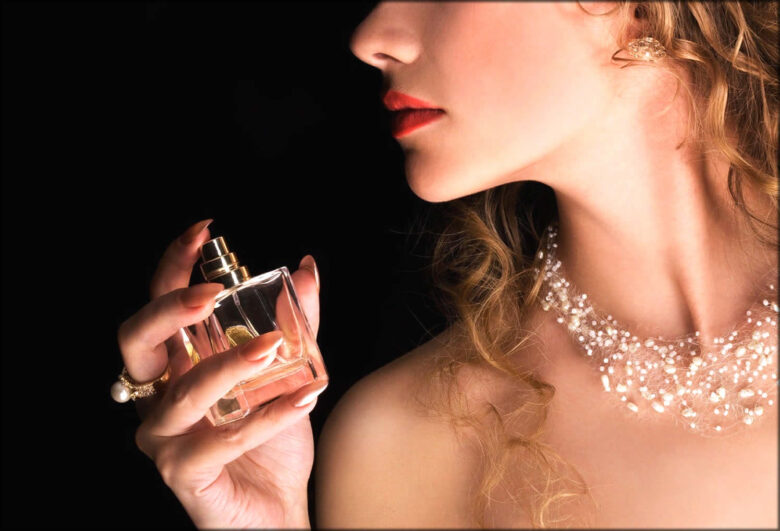
As long as it keeps fusing innovation and tradition, the Arabian perfume business has a bright future. There is a chance for businesses to emphasize their usage of natural products and conventional processes due to the increased interest in ethical and sustainable activities. Arabian perfumers may enthrall audiences everywhere by adhering to contemporary trends and remaining loyal to their heritage.
Furthermore, there are new growth opportunities due to the increase of digital marketing and e-commerce. With only a few clicks, brands can now easily connect with consumers anywhere in the world, which facilitates the dissemination of the rich history of Arabian fragrance to a larger audience. Websites that cater to fragrance fans worldwide, are already utilizing these platforms to provide a smooth buying experience.
Final Thoughts
The persistent attraction of these smells is demonstrated by the growth of the Arabian perfume business from traditional souks to premium brands. Arabian perfumers have produced classic and innovative smells by adhering to their tradition while embracing modernity. With its unmatched combination of heritage and workmanship, the sector is sure to remain a major participant in the global luxury market as long as it continues to expand and innovate.
To sum up, the Arabian perfume business has evolved significantly from its modest origins in the busy souks. It has a long past and a promising future, and scent enthusiasts all around the world are still enthralled and inspired by it.
Arabian perfumery is a celebration of culture, skill, and the ageless appeal of smell, whether it is created using age-old techniques or cutting-edge technologies. The next time you are drawn in by the scent of a beautiful perfume, keep in mind the path it has gone from the Middle East to the world stage.

